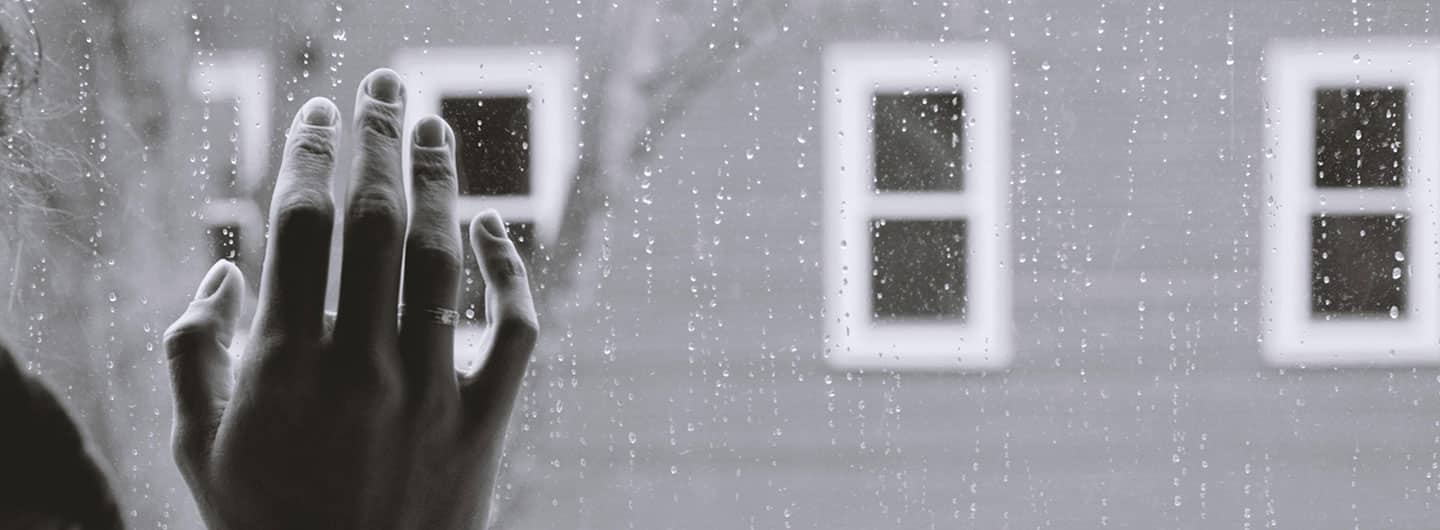You’ve heard it before, and you already know it to be true: the people in our lives are incredibly important.
He tāngata, he tāngata, he tāngata.
What is the most important thing in the world? It is people, it is people, it is people.
But how important are our social connections when it comes to our health? In a 2020 study published by Massachusetts General Hospital, researchers drew on a database containing data from over 100,000 people to determine the strongest determinants of depression. In the words of Jordan Smoller, MD and author, “Far and away the most prominent of these factors was frequency of confiding in others, but also visits with family and friends, all of which highlighted the important protective effect of social connection and social cohesion.”
In short, the authors concluded that, of the 100+ modifiable factors they examined (i.e. things that people can change), social connection was the strongest protective factor against depression. This protective effect of socialising has also been found to be true for a whole host of other health outcomes including illness, disease, and early death.
Other than its interest value, how do we use this information to help us? In New Zealand, anxiety and depressive symptoms have risen substantially since the first COVID-19 lockdown, according to Dr Bryan Betty, the medical director of the Royal New Zealand College of General Practitioners. With mental health services in New Zealand already being overworked, and more people needing help, the collective mental health of our nation has never been more important to address and improve.
So, could social connection help people (in conjunction with appropriate medical intervention)? Fascinatingly, despite suspicions that the lockdown would exacerbate feelings of loneliness, contrary data from studies around the world suggests that this isn’t the case and COVID-related lockdowns may have actually lessened loneliness. Researchers have conjectured that lockdown might have actually forced us all to reflect on what is really important and to connect with one another. In the case of my family, who are spread over several cities and who had never video-called as a group before, lockdown inspired us to meet weekly for Zoom dinners. The same trend was seen in groups of people all over the country (and world) as we looked for creative ways to stay connected while physically distant.
It seems that social connection already is helping us, and it could be used to help us even more. However, it’s important to note one thing.
Social connection is important, but not easily accessible for all.
New Zealand’s mental health services have been experiencing long waiting lists since the first lockdown, with concerns that older people are faring particularly badly. In the words of Fiona Bolden, chair of the Rural General Practice Network and rural GP, “[Older people] have been cut off and they’ve been made to feel vulnerable when they didn’t feel vulnerable before.” This loneliness is exacerbated when considering that many Kiwis in advanced age may not have as much access to digital devices or be as keen on virtual communication (as opposed to in-person connections) as their younger relatives and friends when it comes to Zoom, Facetime, or social media.
Other groups that may be particularly disadvantaged when it comes to the effect of social isolation during COVID-19 are those who live alone when they would rather be living with others, and those with chronic disease or pre-existing conditions that make them more vulnerable in large gatherings. Furthermore, research shows that those who have an unstable income are also more prone to anxiety, depression and stress – meaning that disadvantaged groups may be becoming even more so in the wake of national lockdowns.
How do we take steps towards being more connected and, therefore, healthier?
- Make sure you keep reaching out to close friends, colleagues, and loved ones. See if you can reach out to someone in your social network at least once each week, especially if you usually live or work alone. Be creative if you need to; introducing novelty is one of the key ways to strengthen our long-lasting relationships.
- Don’t underestimate the importance of interacting with strangers. Admittedly, it’s much harder to meet people during a pandemic especially with 2 metre distancing and face masks. However, there is a growing number of studies showing that interactions with strangers are uniquely important for our wellbeing, and are something we should be actively seeking out. Try to initiate conversation with the strangers you meet (beyond the usual “hi” and a smile) and see how you feel afterward.
- Take the time to reach out to your older relatives, friends who live and work alone, or friends with chronic health conditions. The research suggests that they might be feeling the hardest hit this year and could do with a friendly check-in.
For more tips on how to utilise social connection for your own health, check out our other articles on nurturing our connections and strengthening our relationships.



